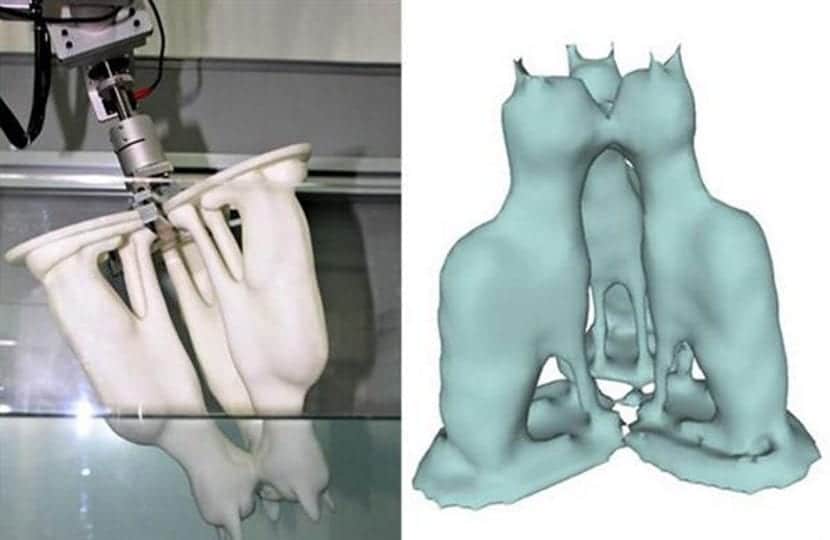
A team of scientists and computer engineers worldwide has used the old principle of water displacement of Archimedes to develop a new 3D scanning technique. The method can reconstruct hidden parts of an object that 3D laser scanners cannot capture.
This new technique based on water displacement to reconstruct the 3D shape of an object has brought together researchers from universities of everyone, including the University of Tel Aviv of Israel and the University of Ben-gurion, the University of Shandong of China and the University of British Columbia of Canada.
The new technique, described in the research work entitled «Dip Transform for 3D Shape Reconstruction ”, uses Archimedes' principle to convert the reconstruction of the modeling surface into a volumetric problem.
"Any object, totally or partially submerged in a stationary fluid, is pushed by a force equal to the weight of the fluid displaced by the object"
The researchers say that this method offers great advantages, such as ability to penetrate hidden areas of a 3D object that cameras and laser scanners would be unable to discern.
To achieve this, the researchers used a low-cost 3D immersion device with a robotic arm to immerse 3D objects in water.
Through the immersion of a 3D object in the liquid along an axis, scientists and engineers were able to measure liquid volume displacement. When this process was repeated through multiple angles, the researchers were able to capture the entire geometry of the object.
El research project will be presented in the 2017 edition of SIGGRAPH, an annual conference for innovation in computer graphics research and interactive techniques, in Los Angeles, July 30-August 3.